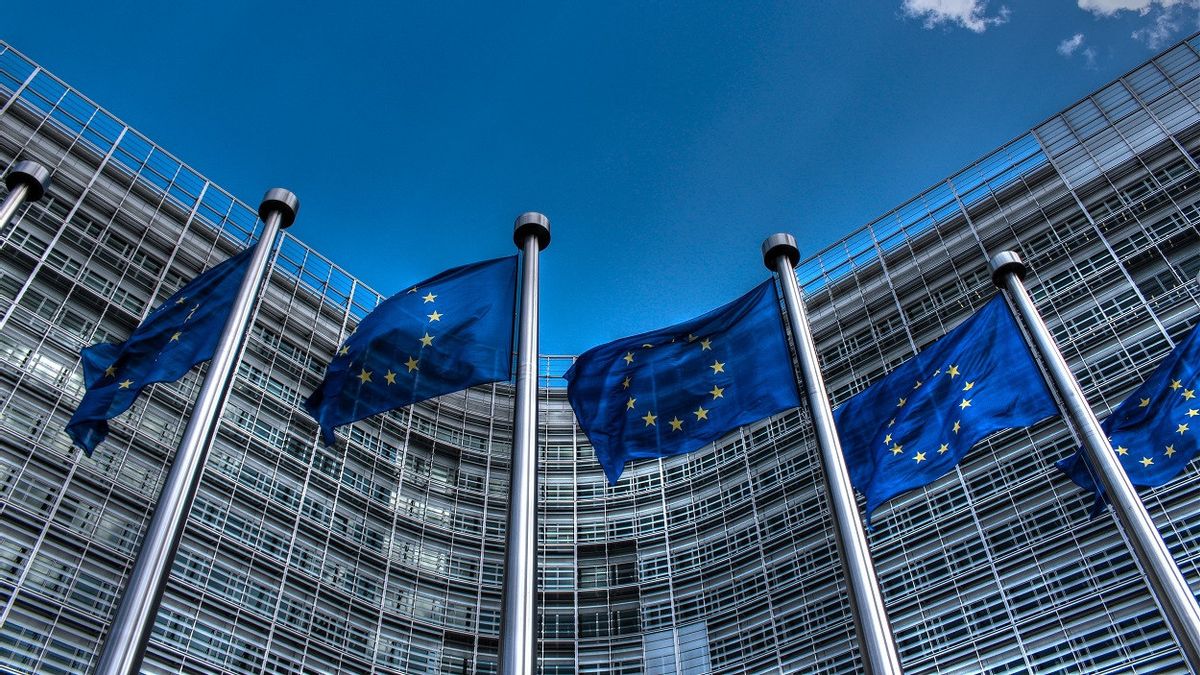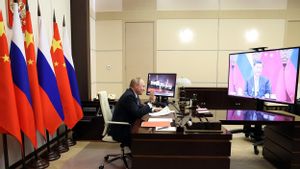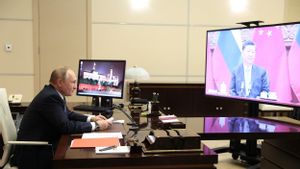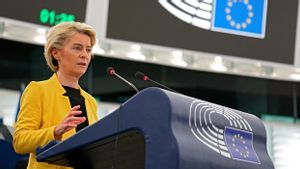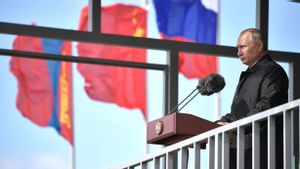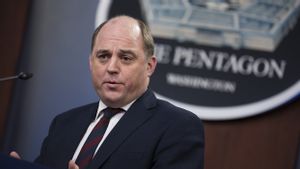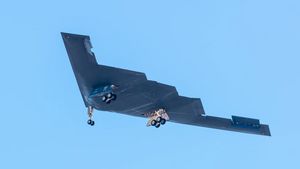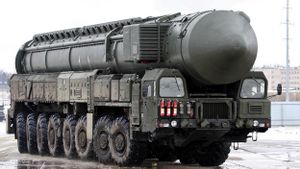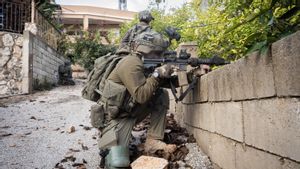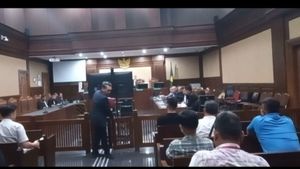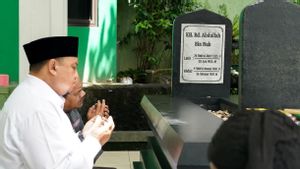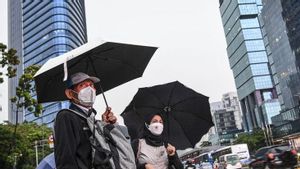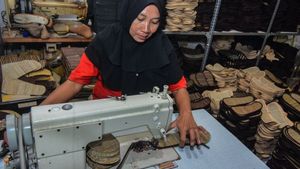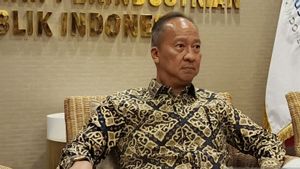JAKARTA - The European Union is under attack from Russia on multiple fronts and must unite behind new economic sanctions, Baltic and central European leaders said Thursday, with Lithuania citing the risk of a possible Russian military strike from Belarus.
The warnings at the EU summit are some of the most direct in recent weeks, as the United States and its NATO allies seek to avert a possible Russian attack on Ukraine and reduce Moscow's margin of surprise. Many of NATO's allies are also member states of the European Union.
"We are really facing a series of attacks. I see they are all linked," Latvian Prime Minister Krisjanis Karins told reporters, citing what he said were the arms of Middle Eastern migrants on Belarus's border with the EU, artificially high prices for gas. Russian nature and Russian disinformation, citing Reuters 17 December
Ukraine remains a major flashpoint between Russia and the West. Washington says Russia has amassed more than 100,000 troops on the Ukrainian border, possibly for an invasion. Meanwhile, Moscow says it has the right to move its troops around its own territory if it deems fit, but says the maneuver is purely defensive.
European Union leaders will warn of "grave consequences" if Russia were to attack Ukraine, according to a draft final summit statement seen by Reuters. The United States and Britain have taken a similar stance.
NATO Secretary-General Jens Stoltenberg said on Thursday Russia was increasing, not reducing, its troops on the border.
"We see no signs that this buildup is stopping or slowing down. Instead, it is continuing," he told reporters at NATO headquarters, standing next to Ukrainian President Volodymyr Zelenskiy.
Stoltenberg said there were "battle-ready troops, tanks, artillery, armored units, drones (and) electronic warfare systems" on the Ukrainian border.
Separately, the Kremlin denies Western accusations against it, including plans to invade Ukraine. Said to have a legitimate security interest in the region, Russia on Wednesday submitted a proposal to the United States that NATO should not expand eastward or deploy new weapons systems near Russia's borders.
But Russia's Baltic neighbors are attacking what they see as Moscow's attempt to blur the line between peace and war.
"We are probably facing the most dangerous situation in the last 30 years. I am talking not only about Ukraine, but the eastern side of NATO," said Lithuanian President Gitanas Nauseda, a day after EU leaders held a summit with Ukraine and four other ex-Soviet states. in Brussels, Belgium.
He cited concerns that Russia might integrate Belarus, which borders Poland and the two Baltic states, into its military system and use its territory "as a possible platform to attack neighboring countries".
Coordinated EU sanctions will likely hinge on Germany, whose new center-left chancellor Olaf Scholz has taken a tougher line than his center-right predecessor, Angela Merkel.
However, Berlin is still stumped on whether to risk Russian supplies of natural gas to its businesses and households this winter against Moscow, diplomats say.
SEE ALSO:
Germany, France, and Ukraine on Wednesday sought to revive the 'Normandy' format, a diplomatic peace initiative with Russia to end the conflict in eastern Ukraine that pits pro-Russian separatists against Kyiv forces.
"We will underline again that inviolability of borders is an important foundation for peace in Europe, and together we will do everything to ensure that this inviolability persists," firmly told reporters at his first EU summit. as leader of Germany.
To note, the West imposed economic sanctions on Russia in 2014 over its annexation of the Crimean peninsula from Ukraine. The measures target Russia's energy, banking and defense sectors.
The English, Chinese, Japanese, Arabic, and French versions are automatically generated by the AI. So there may still be inaccuracies in translating, please always see Indonesian as our main language. (system supported by DigitalSiber.id)
